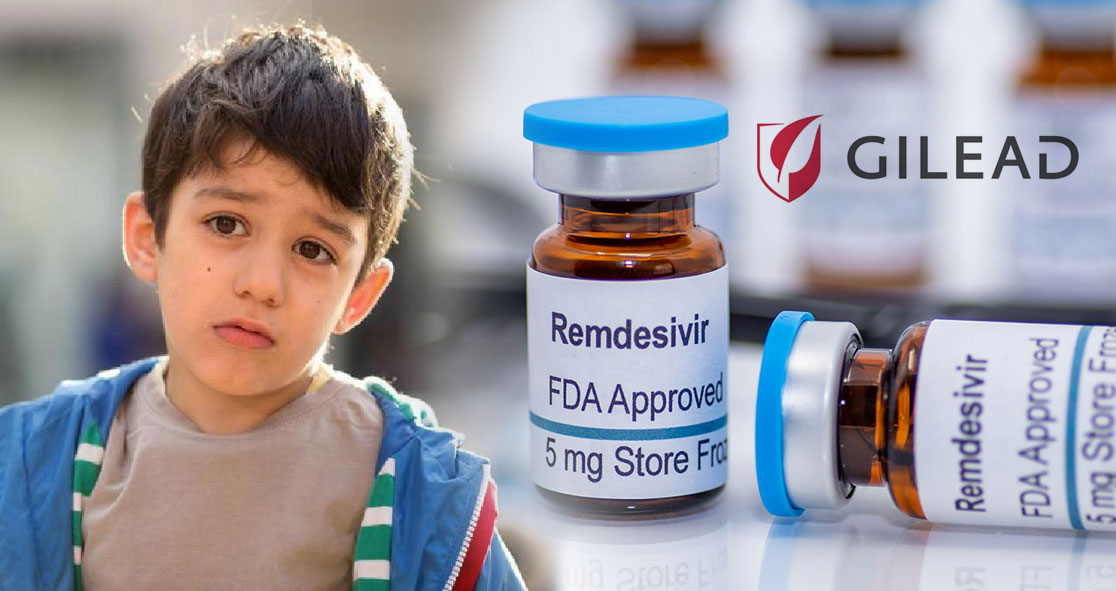In October 2020, the U.S. Food and Drug Administration (FDA) approved Gilead’s antiviral drug remdesivir (Veklury) for the treatment of severe COVID-19 illness in adult patients.
And now 18 months later, the FDA has extended the approval of remdesivir for the treatment of COVID10 in children younger than age 12. The approval applies to children aged 28 days or above who are hospitalized with COVID-19 or those who are at risk of developing severe illness.
Before the extended approval, remdesivir was approved to treat children aged 12 and above. The FDA’s first approval in October of 2020 included hospitalized patients with severe COVID. In January 2022, the agency expanded the approval to include at-risk patients with mild to moderate COVID-19 illness.
Previous studies supported remdesivir’s efficacy, with one study, published by the New England Journal of Medicine, showing that patients who took the drug recovered about 33% faster than patients who did not take the drug.
Remdesivir is typically administered intravenously over three days. However, for hospitalized pediatric patients who do not require ventilation or extracorporeal membrane oxygenation (ECMO), doctors recommend a five-day regimen of remdesivir.
Dr. Amina Ahmed of Atrium Health-Levine Children’s Hospital in Charlotte, North Carolina, said in a release from Gilead, “This approval means that remdesivir can potentially provide meaningful clinical improvement by reducing disease progression and helping children recover from COVID-19 more quickly.”
The FDA said the similar courses of COVID-19 in adults and children can allow pediatric approvals to be supported by efficacy results from phase 3 trials in adults, according to Fierce Pharma.
The nod is backed by the Phase 2/3 study of 53 hospitalized pediatric patients. The results were similar to those found in adults. By day 10, about 75% of the patients had clinical improvement with 60% discharged from the hospital.
Dr. Patrizia Cavazzoni, Director, FDA’s Center for Drug Evaluation and Research, said there is a need for a treatment option, especially for younger patients who are not eligible for vaccines. “As COVID-19 can cause severe illness in children, some of whom do not currently have a vaccination option, there continues to be a need for safe and effective treatment options for this population,” she added.























